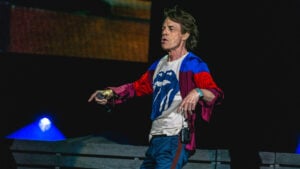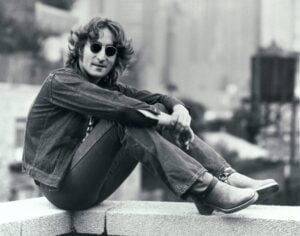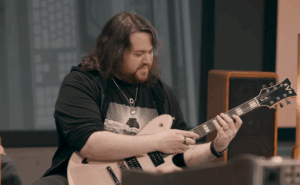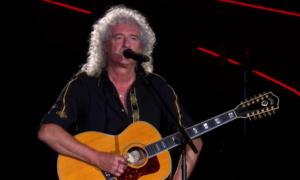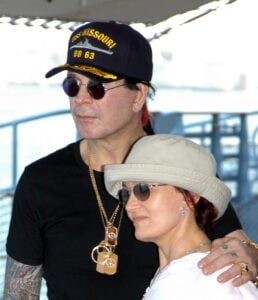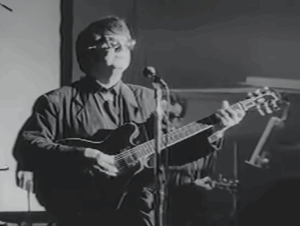10 Music Genres That Defined the ’70s and ’80s
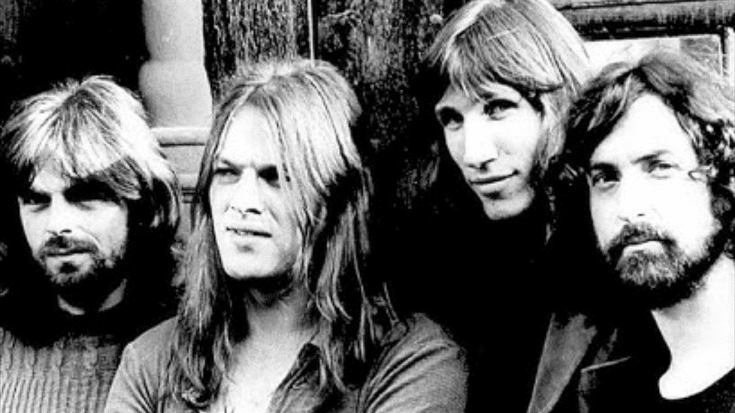
via Emerson Juliani - Músicas Antigas / YouTube
The 1970s and 1980s saw the rise of music styles that shaped the sound of their time. These genres defined the decades, blending innovation and cultural shifts to create new trends. From raw rock sounds to electronic beats, the era offered something for everyone and continues to influence music today.
1. Disco
Disco ruled the ’70s with its upbeat rhythms, danceable grooves, and vibrant energy. Artists like Donna Summer and the Bee Gees led the way, creating hits that packed dance floors around the world.
Its appeal was universal, but by the early ’80s, backlash and changing tastes brought its dominance to an end. However, its influence on modern dance music remains undeniable, and it paved the way for the rise of electronic genres.

2. Punk Rock
Emerging in the mid-’70s, punk rock rejected the polished sound of mainstream music. Bands like the Ramones and the Sex Pistols emphasized raw energy, fast tempos, and rebellious lyrics, creating a counterculture movement.
Punk’s DIY ethic inspired countless musicians and gave rise to subgenres like post-punk and hardcore. Its legacy lives on as a symbol of individuality and resistance against the status quo.

3. Heavy Metal
Heavy metal gained momentum in the ’70s with bands like Black Sabbath and Deep Purple. Known for its loud guitars, powerful vocals, and dark themes, the genre became a staple of rock music.
By the ’80s, subgenres like glam metal and thrash metal emerged, with bands like Metallica and Mötley Crüe reaching new heights. Heavy metal’s influence remains strong, with fans worldwide keeping its spirit alive.

4. Funk
Funk rose to prominence in the ’70s, combining elements of soul, jazz, and R&B with a focus on groovy basslines and tight rhythms. Artists like James Brown and Parliament-Funkadelic were pioneers of this infectious style.
The genre’s influence extended into the ’80s, shaping early hip-hop and pop music. Funk’s energetic sound and innovative approach continue to inspire musicians across genres.

5. New Wave
New Wave emerged in the late ’70s as a response to punk’s rawness, blending its energy with electronic sounds and pop sensibilities. Bands like Talking Heads and Blondie pushed creative boundaries, experimenting with style and sound.
By the ’80s, New Wave became a defining genre of the decade, thanks to acts like Duran Duran and The Cars. Its mix of catchy melodies and quirky aesthetics made it a cultural phenomenon.

6. Hip-Hop
Hip-hop began in the Bronx during the late ’70s, combining DJing, breakdancing, and rapping into a cultural movement. Early pioneers like Grandmaster Flash laid the groundwork for a genre that would dominate music in the decades to come.
By the ’80s, artists like Run-D.M.C. and Public Enemy brought hip-hop into the mainstream. Its impact on fashion, language, and art was unmatched, making it a defining force of the era.

7. Progressive Rock
Progressive rock, or prog rock, pushed musical boundaries with its complex structures and experimental sounds. Bands like Pink Floyd and Yes became known for their ambitious albums and theatrical live performances.
While its popularity declined in the ’80s, elements of prog rock influenced other genres, leaving a lasting mark on rock music. Its focus on creativity and technical skill set it apart from other styles.

8. Synthpop
Synthpop became a hallmark of the ’80s, driven by the rise of synthesizers and electronic production. Artists like Depeche Mode and The Human League embraced futuristic sounds, creating hits that defined the decade.
Its catchy melodies and innovative production techniques made synthpop a staple of the era’s music scene. The genre’s influence can still be heard in today’s electronic and pop music.

9. Reggae
Reggae gained international attention in the ’70s, with artists like Bob Marley bringing the Jamaican genre to the world stage. Its laid-back rhythms and socially conscious lyrics resonated with audiences across cultures.
In the ’80s, reggae’s influence spread into other genres like punk and hip-hop. Its enduring appeal lies in its message of unity and its unforgettable sound.

10. Arena Rock
Arena rock dominated the ’70s and ’80s, designed to fill massive venues with soaring anthems and larger-than-life performances. Bands like Queen and Journey became synonymous with the genre, delivering iconic hits and unforgettable live shows.
While it often faced criticism for its commercial focus, arena rock’s ability to bring people together remains one of its defining traits. Its influence is still felt in stadium concerts today.






